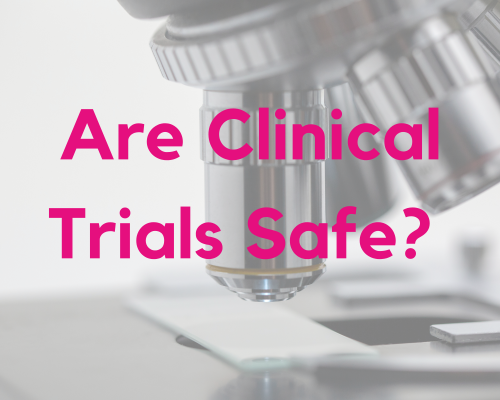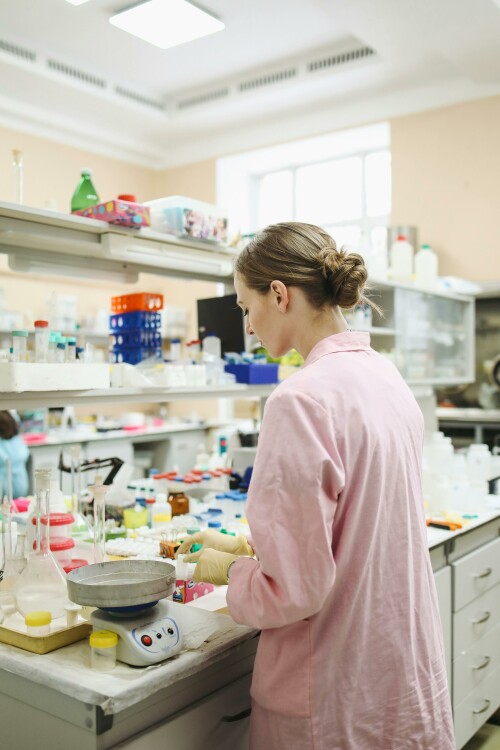 New cancer drugs or treatments are tested and researched thoroughly before they are given to people.
New cancer drugs or treatments are tested and researched thoroughly before they are given to people.
Before a clinical trial begins it has to be approved, first by a group of independent scientists and then by a research ethics committee. These committees are often based at local hospitals and are made up of healthcare professionals and can include patients.
There are other safeguards in place for patients taking part in trials. For example:
- the trial plan (protocol) must be judged safe and ethical by the ethics committee before it can go ahead
- the researchers must tell the ethics committee if there are any unexpected side effects
- the ethics committee can stop the trial at any time if they have any concerns
- you must be told of any benefits and risks before you agree to take part
- you can stop taking part in the trial at any time
 Clinical trials for secondary breast cancer have strict guidelines about who can and cannot take part in each trial. Each trial will be suitable for only certain breast cancer type or certain stages of their breast cancer treatment. Researchers follow these guidelines to make sure only the appropriate patients take part in a specific clinical trial. This helps to ensure a patient’s safety and that the trial results are accurate. These guidelines are known as inclusion and exclusion criteria and are included in all clinical trials.
Clinical trials for secondary breast cancer have strict guidelines about who can and cannot take part in each trial. Each trial will be suitable for only certain breast cancer type or certain stages of their breast cancer treatment. Researchers follow these guidelines to make sure only the appropriate patients take part in a specific clinical trial. This helps to ensure a patient’s safety and that the trial results are accurate. These guidelines are known as inclusion and exclusion criteria and are included in all clinical trials.
Clinical trials will usually involve very close follow up of patients and it may be that scans, blood tests and assessments of potential side effects are more frequent than standard treatment without the trial. This can be reassuring to patients since it allows any changes or symptoms to be picked up and dose adjustments made to their care quickly and effectively.
Patients can experience side effects on clinical trials, but these are recorded and patients will be treated to alleviate them.
